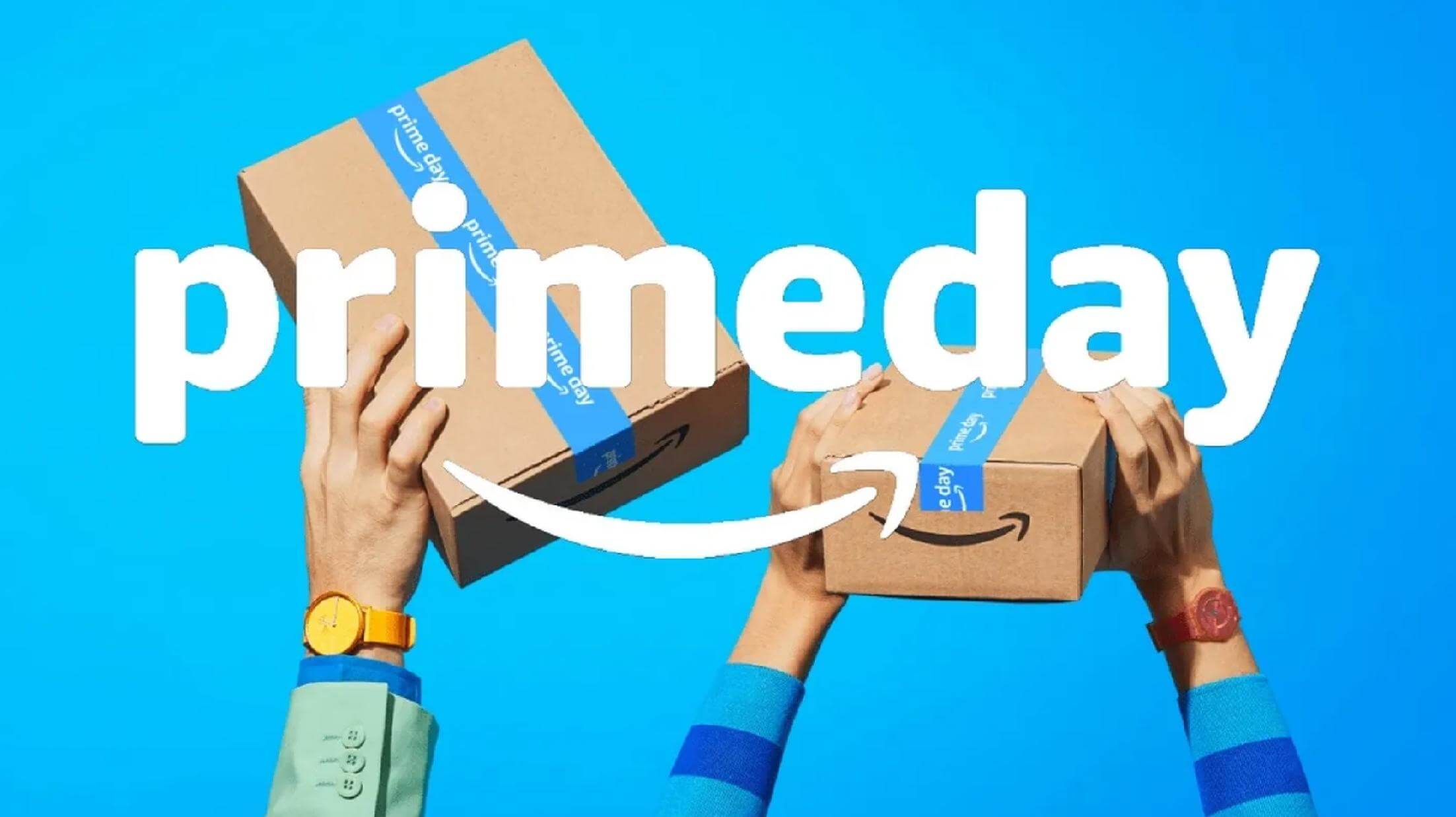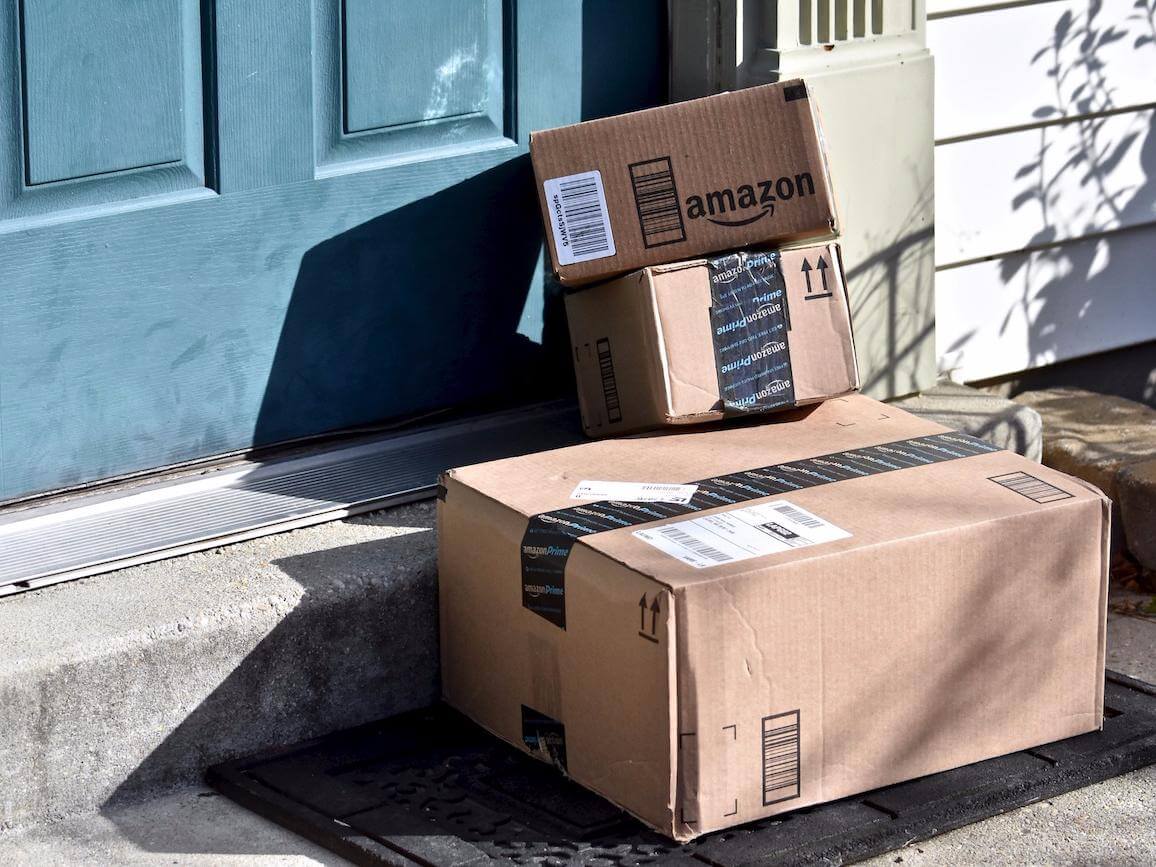According to a recent report by Axios, Amazon has expressed interest in forming partnerships with small businesses, such as bodegas and IT shops, to expand its delivery network. Through this program, Amazon aims to transform these local retailers into delivery partners, compensating them with a small fee for each package they deliver.
By leveraging small businesses, Amazon seeks to strengthen its last-mile delivery capabilities and establish new partnerships that can efficiently deliver packages on behalf of the e-commerce giant. Participating shops would receive daily packages for customers in their area, which would then be delivered by the store owners or retail employees directly to Amazon customers.
Essentially, Amazon envisions utilizing your neighborhood florist, dry cleaner, or hair salon as small-scale storage facilities for its packages. Moreover, the company is constantly exploring innovative methods to expand its external workforce, providing an opportunity for small business owners to supplement their income.
Amazon has been exploring this concept for some time and is currently accepting applications from potential partner stores through its website. According to the company, partner stores typically handle 20 to 50 packages per day, seven days a week.
The Amazon Hub Delivery program is initially focused on small and mid-size cities like Columbia, MO, Eau Claire, WI, Fayetteville, AR, and Findlay, OH. However, Amazon is actively recruiting businesses in Manhattan, NY, and has plans to expand the program to densely populated cities such as Boston, Los Angeles, and Seattle, as reported by Axios.
This program aligns with Amazon’s broader strategy of building its own last-mile delivery network through various means, including partnerships with third-party delivery companies (Delivery Service Partners), independent drivers (Amazon Flex), and the utilization of automated lockers in stores, train stations, and residential areas (Amazon Hub Locker).
By establishing its own delivery infrastructure, Amazon reduces its reliance on external delivery companies, enabling better cost control and differentiation of its services from other e-commerce competitors. Simultaneously, while Amazon’s convenience has led many customers to opt for online purchases over local brick-and-mortar stores, partnering with small retailers offers a potential solution to reverse this trend.
By providing additional income opportunities, Amazon aims to support these businesses. However, it remains to be seen if Amazon plans to further leverage these partnerships by offering additional services to these small retailers. For example, some businesses may consider becoming third-party sellers on Amazon, utilizing the convenience of the Amazon Hub Delivery program to seamlessly distribute packages—a mutually beneficial arrangement.
With a keen interest in tech, I make it a point to keep myself updated on the latest developments in technology and gadgets. That includes smartphones or tablet devices but stretches to even AI and self-driven automobiles, the latter being my latest fad. Besides writing, I like watching videos, reading, listening to music, or experimenting with different recipes. The motion picture is another aspect that interests me a lot, and I'll likely make a film sometime in the future.

